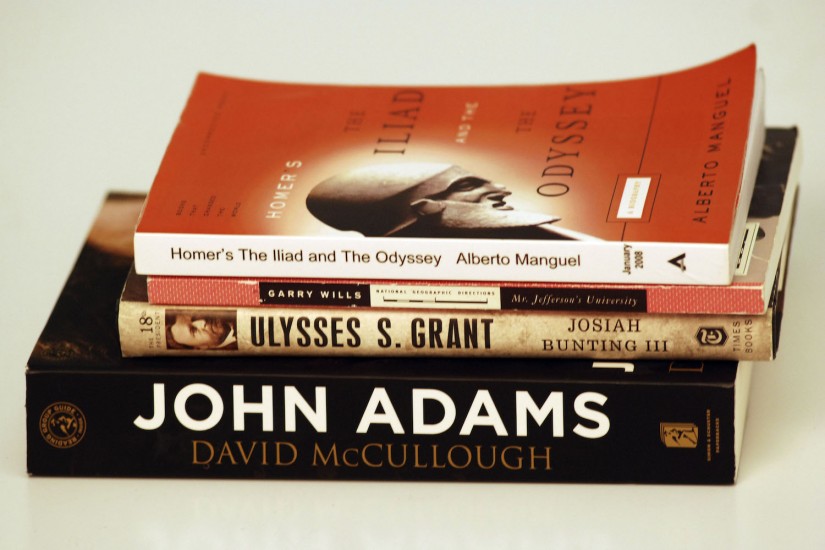I am an editor, I admit, who is wary of biography. When a junior scholar working on her first book raises the prospect of writing a biography or a book with a strong biographical line, I sound a note of caution. Are there other ways, I ask, of telling this story? I wonder if the author knows how biography is evaluated in the scholarly community. Frankly, I question, are the virtues of this form worth the manifest danger of putting her career at risk?
Editors work with a flexible set of principles that guide us as we develop manuscripts and foster the careers of authors. One of the principles, always foremost in my mind, is a variant on a crucial portion of the Hippocratic Oath: Do no harm. How an editor can help an author and his book is uncertain; there are so many factors—the ability of the author, the quality of the author-editor relationship, indeterminate readerships, and the vagaries of the literary marketplace—that can incline a project toward success and many of them are out of an editor’s control. The factors that can outright weaken a project, however, are often clear and manageable. Writing in a narrative mode that welcomes skepticism if not scorn from scholars is a certain danger to a book’s reception and an author’s reputation. My professional commitment to support my authors—and sometimes save them from themselves—has encouraged me to warn junior scholars away from biography.
My Editorial Oath notwithstanding, over the years I have come to distrust my own negative reaction. Squinting at biography has become a professional routine that seems more a performance of editorial wisdom than its actuality. And it is hard to take such a worldly-wise line at my desk at Cornell University Press when my bookshelves at home are loaded with biographies.
The academic case against biography is of long standing. It shapes what mentors, editors, authors, and reviewers, as well as hiring, promotion, and tenure committees, think can and should be written in history. The prevailing consensus is that biography should be addressed with caution by senior scholars and never by junior scholars. This suspicious take is so deeply entrenched that, it suggests to me, there must be something wrong with it. Once you caution authors away from a specific genre of writing as an inflexible rule, it is time to look more closely at the rules of the scholarly game.
